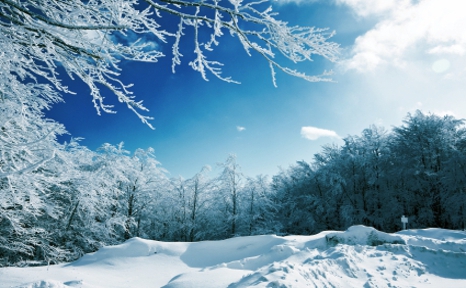


As a person with arthritis you may feel as though you have the power to tell the meteorological future. As the weather changes, so do your symptoms – your own crystal ball, of sorts, to determine arthritic pain.
If so, you’re hardly alone in your belief. Many people feel their arthritis pain is linked to the weather. More specifically, most say they experience more arthritis pain on cold, rainy days and less arthritis pain on warm, dry days. The idea that weather affects certain painful health conditions dates back to at least Hippocrates, and there is a seemingly endless supply of anecdotal evidence.
But here’s the rub: Medical research has failed to establish an objective relationship, coming up with equivocal support at best for a connection between arthritis severity and weather patterns.
So, if there isn’t a connection or it’s relatively weak, why is there such widespread belief?
One answer is that despite the failures of researchers to find a strong correlation between weather and arthritis, one still exists. It could be possible the science hasn’t caught up with the anecdotal evidence. Maybe the right combination of conditions or symptoms hasn't been studied.
The most common theory along these lines – with some scientific evidence to support it – is that changes in humidity, temperature and barometric air pressure, which often accompany cold, precipitous weather, makes joints stiffer and causes already inflamed tissue to swell even more and increase arthritis pain. To be clear, it’s important to note that doctors and researchers don’t believe weather actually makes arthritis itself worse. Instead, the idea is that weather can affect symptoms.
A second popular answer is that beliefs about the relationship between weather and arthritis may tell us more about the workings of our mind then our bodies. Beliefs that pain is affected by weather may be psychological.
Researchers who suggest this aren’t saying that the pain isn’t real or that the weather isn’t having an effect. Rather, they argue the connections may be indirect. For example, rainy or cold days may negatively affect people’s mood, and that bad mood may make pain more noticeable or difficult to bear. This may cause some patients to pay more attention to their pain on days with weather that they believe affects them. Or maybe during colder weather people are less likely to be outside and get the exercise that normally helps keep arthritis pain in check.
Perhaps more convincingly, studies from psychology suggest people often see patterns even where none exist. A day of bad weather may be followed with pain by random chance. But we are prone to look for reasons and, once we have one, pay more attention to supporting evidence (days where pain and bad weather coincide), neglect contrary evidence (all the days where there’s pain without bad weather, and vice versa) and misinterpret ambiguous evidence (ignoring other possible contributing factors, like lifestyle changes on rainy days) thereby entrenching the belief.
For now, it seems the answer to the question remains unclear. So, let’s pass it on to you now. Do you feel changes with the weather? What do you think of the other possible answers?
Copyright © www.orthopaedics.win Bone Health All Rights Reserved